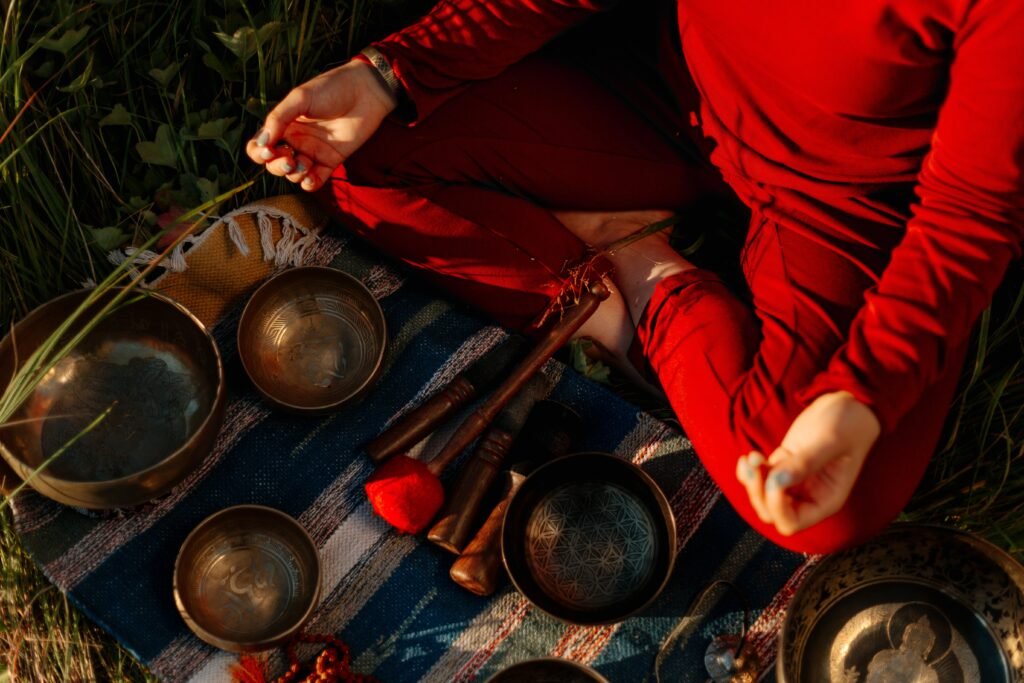For decades, we’ve been bombarded with the message that drinking water is the ultimate solution to stay hydrated. While it’s true that water is essential for our well-being, it’s time to challenge the conventional wisdom. Contrary to popular belief, drinking water alone may not always be the most effective way to stay adequately hydrated.
In this article, we will explore the complexities of hydration and introduce alternative strategies to maintain optimal fluid balance in our bodies.
The Myth of Water as the Ultimate Hydration Solution
Water is undoubtedly essential for life, and maintaining proper hydration is crucial for our health. However, the assumption that drinking water is the only, or even the best, way to achieve hydration oversimplifies the complex mechanisms at play in our bodies.
1. Electrolytes Matter
Proper hydration isn’t just about water; it involves maintaining the right balance of electrolytes, such as sodium, potassium, calcium, and magnesium. Electrolytes play a crucial role in regulating bodily functions, including muscle contractions, nerve impulses, and fluid balance.
When you drink excessive amounts of water without replenishing these electrolytes, you may risk diluting their concentration in your body, leading to a condition known as hyponatremia, which can be life-threatening.
2. Individual Variations
Not all individuals have the same hydration needs. Factors such as age, body weight, activity level, and climate can significantly affect how much fluid your body requires. Blanket recommendations to drink a certain number of glasses of water per day do not account for these variations.
3. Dehydration Triggers
Dehydration can be triggered by various factors beyond just not drinking enough water. Diuretics like caffeine and alcohol, excessive sweating, diarrhea, and certain medications can all increase your risk of dehydration. Simply chugging water may not address the root cause of your dehydration.
Alternative Ways to Stay Hydrated
1. Consume Water-Rich Foods
One effective way to maintain hydration is to incorporate water-rich foods into your diet. Fruits and vegetables like watermelon, cucumbers, oranges, and lettuce have high water content and can contribute significantly to your daily fluid intake. These foods also provide essential nutrients, which is an added benefit.
2. Electrolyte Beverages
When you engage in strenuous physical activity or sweat heavily, especially in hot weather, it’s essential to replenish not only fluids but also lost electrolytes. Sports drinks or electrolyte tablets can be beneficial in these situations. They help restore the balance of sodium, potassium, and other electrolytes, ensuring proper hydration.
3. Coconut Water
Coconut water is a natural source of electrolytes, particularly potassium. It’s a healthy alternative to commercial sports drinks and can be especially useful for rehydration after exercise.
4. Herbal Teas
Herbal teas like chamomile and ginger can be hydrating and soothing. They are caffeine-free and can be an excellent choice for staying hydrated while enjoying a warm, comforting beverage.
5. Listen to Your Body
Pay close attention to your body’s signals. Thirst is a natural mechanism that indicates your need for fluids. Rather than relying on a fixed daily water quota, drink when you feel thirsty, and stop when you’re satisfied. Trusting your body’s cues is a more individualized approach to hydration.
6. Monitor Your Urine Color
The color of your urine can be a useful indicator of your hydration status. Pale yellow urine generally suggests good hydration, while dark yellow or amber-colored urine may indicate dehydration. Use this visual cue to adjust your fluid intake accordingly.
7. Hydrate Before, During, and After Exercise
If you engage in physical activity, remember that hydration is essential both before and after exercise, not just during. Pre-hydration ensures you start your activity adequately hydrated, and post-hydration helps with recovery.
Conclusion
The belief that drinking water is the be-all and end-all solution for staying hydrated oversimplifies a complex physiological process. While water is a fundamental component of hydration, it’s not the only factor to consider. Proper hydration involves maintaining a balance of electrolytes, listening to your body’s signals, and adapting to individual needs and circumstances.
The best approach to hydration is a holistic one that considers your overall diet, lifestyle, and specific hydration requirements. By incorporating water-rich foods, monitoring your body’s signals, and replenishing electrolytes when necessary, you can achieve a more balanced and effective approach to staying hydrated. Remember, when it comes to hydration, it’s about quality and balance, not just quantity.


